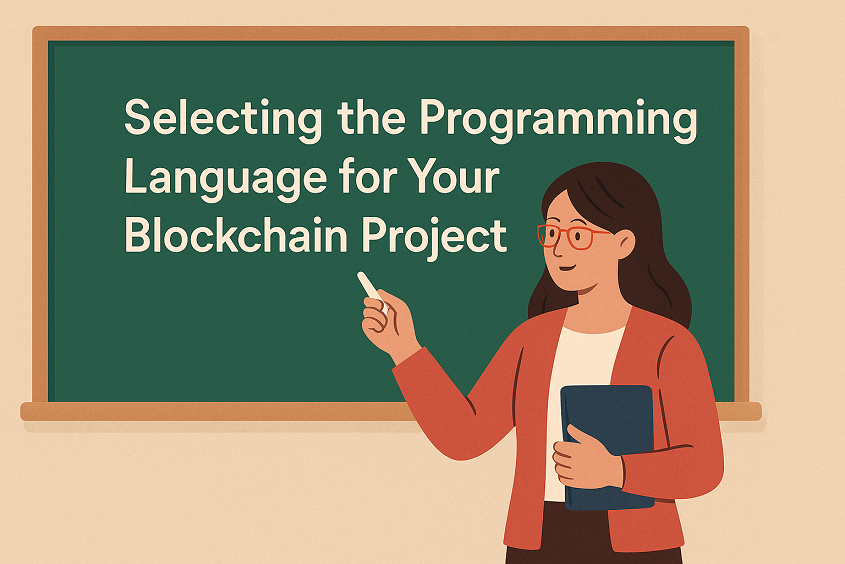The selection of a programming language forms the bedrock of any successful blockchain development initiative. The chosen language dictates not only the technical capabilities of the platform but also its long-term maintainability and scalability. We’ll explore 6 prominent programming languages frequently employed in the blockchain domain, offering insights into their respective strengths and applications.
Solidity: The Smart Contract Specialist
Solidity has emerged as the de facto standard for developing smart contracts on the Ethereum blockchain. Its syntax, drawing inspiration from JavaScript, facilitates a relatively smooth learning curve for developers familiar with web technologies. Designed explicitly for the Ethereum Virtual Machine (EVM), Solidity enables the creation of decentralized applications (dApps) that leverage the power of the Ethereum network. For projects deeply embedded within the Ethereum ecosystem, mastering Solidity is paramount.
C++: Powering the Blockchain Infrastructure
C++ stands as a robust and high-performance language, often favored for building the foundational layers of blockchain platforms. Its capacity for low-level memory management and optimized execution makes it ideal for the demanding tasks involved in maintaining a distributed ledger. Notable blockchain projects such as Bitcoin, Litecoin, and Ripple have been built using C++, underscoring its suitability for core blockchain development.
Java: Enterprise-Grade Blockchain Solutions
Java, with its platform independence and extensive library support, has become a preferred choice for enterprise blockchain development. Its inherent security features and scalability make it well-suited for complex blockchain applications within corporate environments. The maturity of the Java ecosystem and the availability of skilled Java developers further contribute to its appeal for large-scale blockchain initiatives.
Python: Rapid Prototyping and Versatile Applications
Python’s simplicity and readability have made it a popular language for various aspects of blockchain development, particularly for rapid prototyping, data analysis, and the creation of less complex blockchain applications. While its performance might not match that of lower-level languages for core infrastructure, its ease of use and extensive libraries make it invaluable for accelerating the development lifecycle and exploring different blockchain concepts.
Go (Golang): Scalability and Concurrency in Blockchain
Developed by Google, Go is a compiled language renowned for its efficiency in handling concurrent operations and its overall performance. These characteristics have positioned Go as a leading language for building high-throughput blockchain platforms like Hyperledger Fabric and the Go implementation of Ethereum (Geth). Organizations prioritizing scalability and speed in their enterprise blockchain development efforts often gravitate towards Go.
JavaScript: Bridging the Web and the Blockchain
As the dominant language of the internet, JavaScript’s influence now extends into the blockchain realm. With the advent of Node.js and various frameworks, developers can leverage their JavaScript skills to build full-stack decentralized applications. This familiarity and the vast JavaScript developer community make it an attractive option for projects aiming to integrate blockchain technology with web-based interfaces.
To sum it up
Ultimately, the optimal programming language for a blockchain project hinges on a multitude of factors, including the specific requirements of the application, the desired performance characteristics, the security considerations, the expertise of the development team, and the target blockchain platform. A thorough evaluation of these factors will guide the selection process and contribute to the success of the blockchain endeavor.





